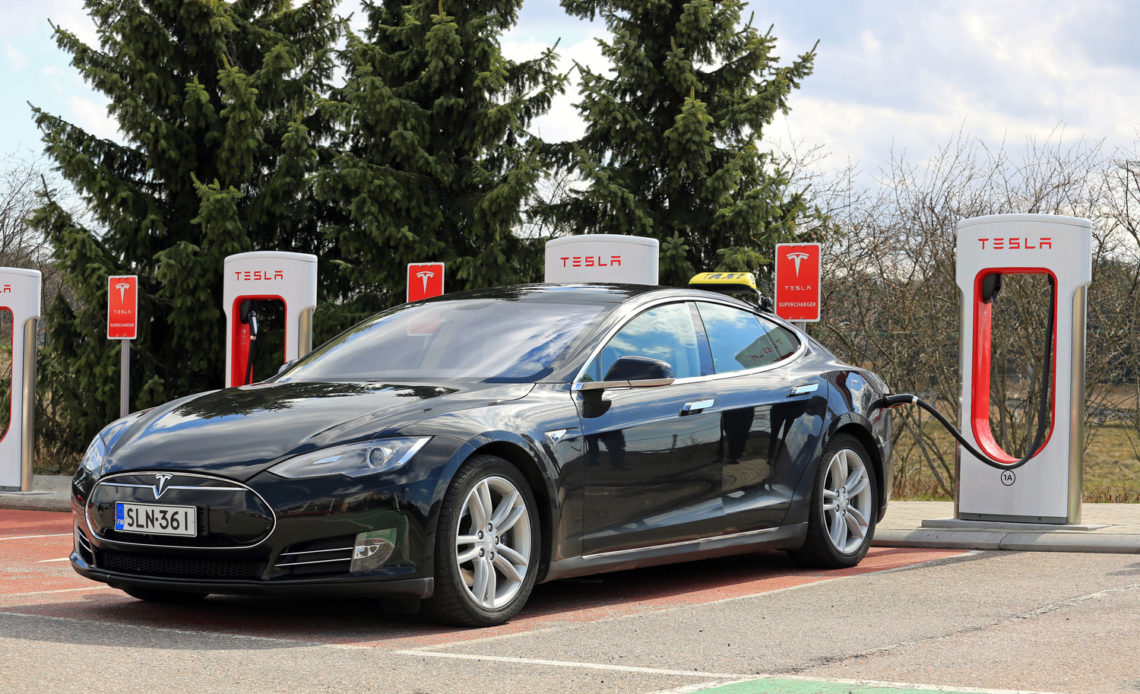
You have to admit that the concept of electric cars is pretty cool. It still feels futuristic. They’re silent cars that can be plugged into the wall socket at home instead of driven to the gas station. But they’re real. And they’re here to stay. But before you get all charged up and bring one home, here are a few things you need to know.
Range
Electric cars may have been around for a while, but they still suffer from the issue of limited range. Recharging an electric car’s battery takes hours. A charging infrastructure exists for EVs, but it’s nowhere close to the number of gas stations.
That’s why range needs to be one of the most important points to consider when you’re buying an electric car. Most electric cars sold today have enough range to cover the average commute, so if you don’t do a lot of road trips, an EV could be a good choice for you.
Charging Infrastructure
Certain places seem to have charging stations for electric cars around every corner, whereas some don’t have any at all. If your home has a garage where you can park and charge your car, life with an EV is likely to be easy for you.
In case you need to charge your car when you’re away from home, e.g., at work, you will need to check what sort of options are available for you. Public charging stations are usually located at places where people tend to congregate in numbers like a grocery store, so you could charge your EV in the parking lot at one of those.
Alternatively, if your office has a charging station, then you could use that, as an average working day is more than enough to get an EV to 100% charge.
Incentives
The affordability of EVs depends on where you live. Federal incentives were offered to EV buyers to help make these cars affordable, but a lot of these are starting to run out because manufacturers have already sold a large number of electric cars.
Still, there are some states that not only offer incentives on the price of the electric car but also on the taxes and registration to help bring the cost down. To check the incentives that you can take advantage of, check the U.S. Department of Energy’s website. It has all the details of the incentives and programs that you can qualify for if you buy an electric car in your area.
Ownership Costs
Owning on EV has some unique costs that you need to consider. You can expect your power bill to increase. But it will still be less than what you spent on gas. You will also need a charging station at home, and the more expensive ones can charge your car faster.
Also, in case you need to drive long distances regularly, factor the cost of car rental as well. EVs are also more expensive than equivalent gas-powered cars, so you need to add up all the costs.
Warranty
Since EVs are relatively new offerings, car manufacturers offer generous warranties on the cars, the batteries, and even the drivetrains. Some offer 8-year/100,000-mile warranties as well. So, at least you won’t have to worry about buying a new battery for a while.
If all these factors end up in favor of you buying a new EV, well, we’re excited for you.
